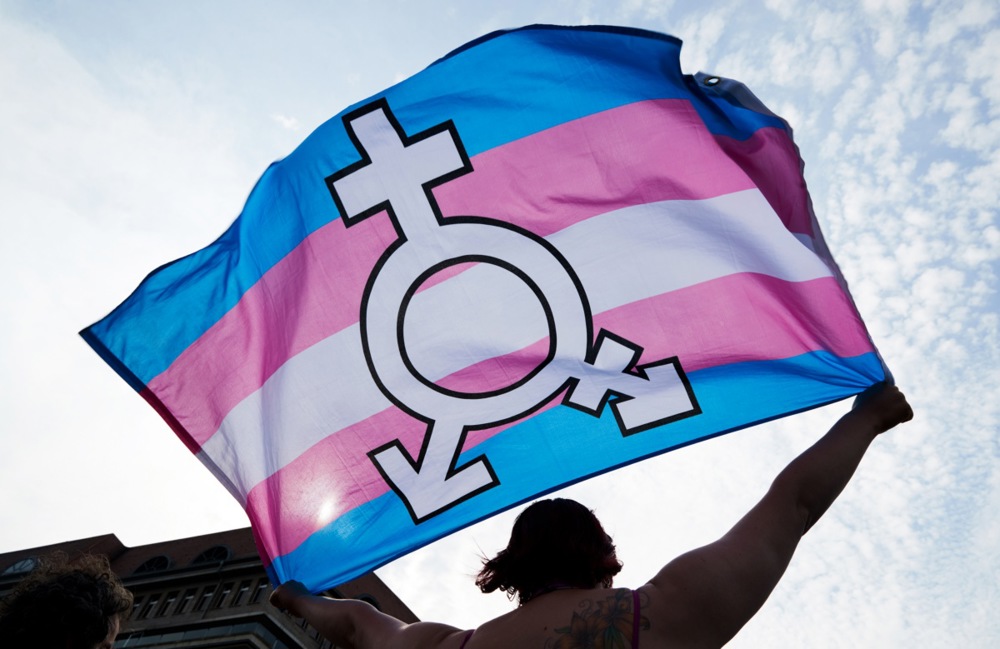Ireland will vote on removing the special protection of women’s interests from the country’s Constitution, the island’s paper of record has confirmed.
According to the Irish Times, the long-awaited vote – which had previously been delayed – is set to take place on March 8, International Women’s Day.
Irish citizens will be asked whether they wish to remove all references to “protecting a woman’s place in the home” from the document.
If approved, the references will be replaced with a generic line saying that the Irish State should “strive to support the provision of care” at the household level.
It would also remove the only uses of the words “woman” and “mother” from the legal document.
The change has long been demanded by progressive activists in the country, many of whom have expressed frustration that the Irish Constitution protects women and mothers explicitly rather than all forms of family structure.
Others are dismayed at the news of the referendum, with Irish women’s rights organisation The Countess expressing concern that the change is not in the interests of women.
Speaking to Brussels Signal, founder and CEO of The Countess, Laoise de Brún BL, said that they do not see the original wording of the document as an “oppressive constraint” on Irish women, but “as a welcome official recognition by the State of the unique role of women and mothers”.
She added that the constitution at the moment serves as a “bulwark against a toxic mix of neoliberal economics and hard-left politics”, something she describes as characterising Ireland’s current government.
Ireland’s new sex education course for secondary school pupils will focus on “LGBTQ+ identities”, while also proposing that “white”, “male” and “Irish” people are “privileged” compared to minority groups. https://t.co/pQEgfQxQX3
— Brussels Signal (@brusselssignal) July 13, 2023
Progressive activists in the country are also unhappy at the announcement of the referendum, with many saying that the proposed rewording of the constitution does not go far enough.
Writing online, Labour Party leader Ivana Bacik said she had “real concerns” that the wording surrounding carers was too restrictive.
She also noted that the planned referendum wording makes no reference to expanding the definition of “family” contained within the Constitution.
Progressives have demanded that the country’s legal texts be moved away from the Catholic ideal of family, that being a husband, wife and children, to one that encompasses blended, childless and various LGBT arrangements.
In Belgium — which has been described as a “haven” for transgender individuals — the government at one stage planned to axe reference to gender from ID cards issued in the country in order to better accommodate so-called “non-binary” people.
The United Nations in 2050 will both sanction and enforce the invasions of countries that go against the worldwide “green” agenda, according to predictions aired on Ireland’s state-funded broadcaster RTÉ. https://t.co/jS9leol46C
— Brussels Signal (@brusselssignal) November 17, 2023





